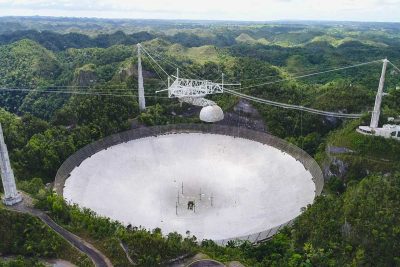The UConn STARs program had its annual outreach event at Hartford Public High School (HPHS) during the week of May 12-16, 2025. We taught four specially-crafted lesson plans to eight classrooms of students and hosted two lunchtime solar telescope observing sessions. The outreach event was a huge success. We estimate that we reached about 170 students at HPHS during our visit, sparked many curious minds and encouraged considering a career in STEM.
During the academic year, the STARs programs ran 27 events focused on professional development, community building, and mentorship. Members of the STARs program also developed four engaging lesson plans for high school students on the topics of: 1) Mechanics, 2) Light as a Wave, 3) Light as a Particle (Quantum), and 4) Electricity. These topics were selected in consultation with the teacher to re-enforce important concepts from each class. The lesson plans were designed to cater to a variety of student learning needs and background levels. Each lesson plan had a short lecture component, hands-on demos, and stations for small group activities. STARs also hosted a booth at the Hartford STEM fair on May 5, 2025, engaging with many members of the local community.
Below are some photos highlighting the events, please see more on our webpage.
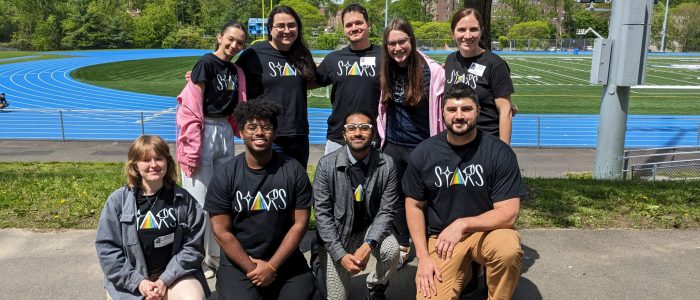
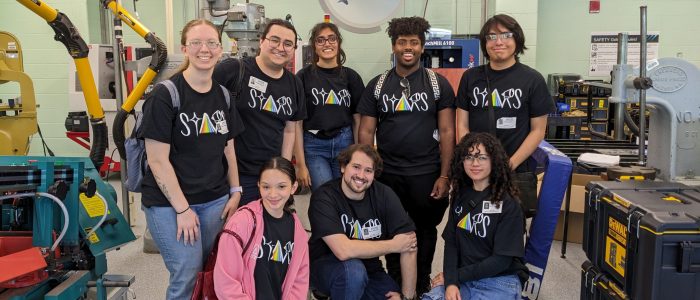
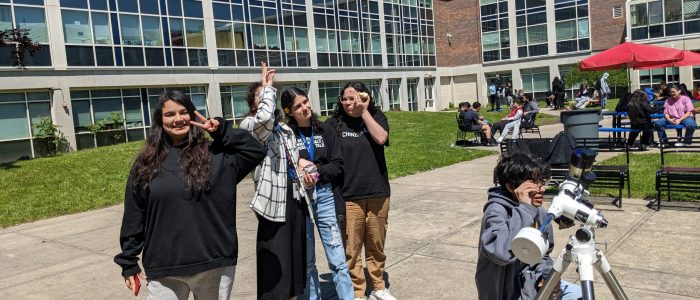
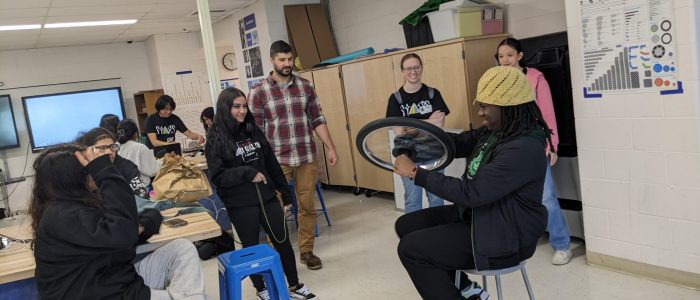
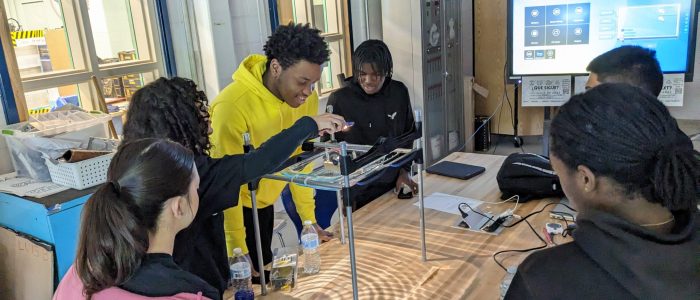
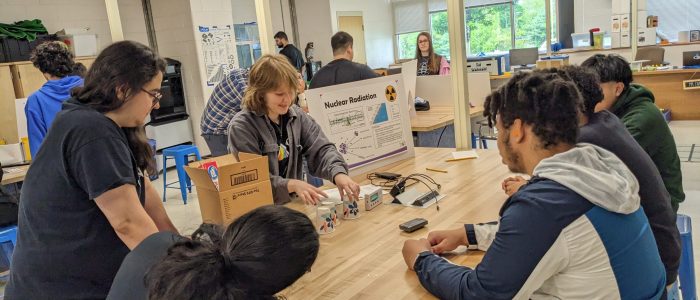
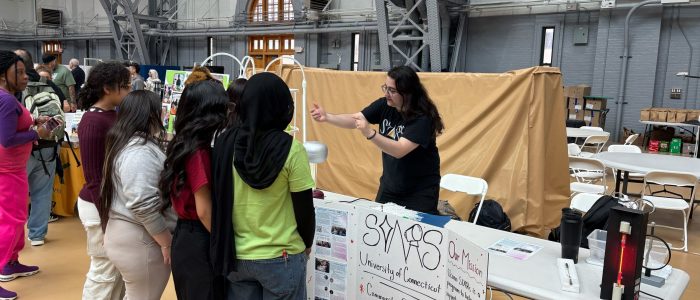
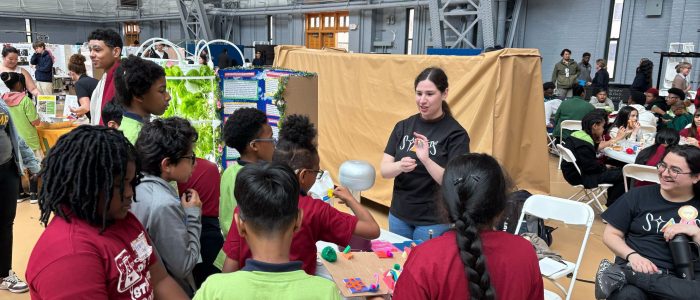
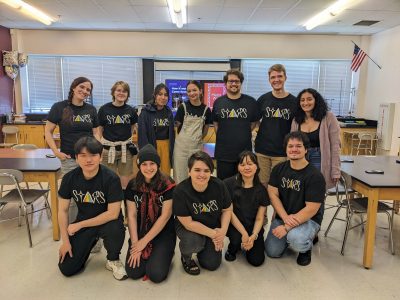
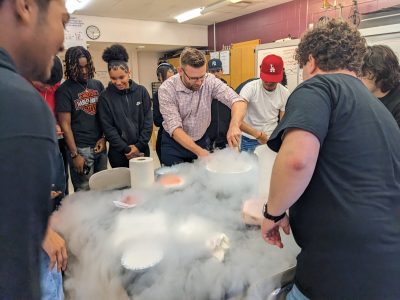
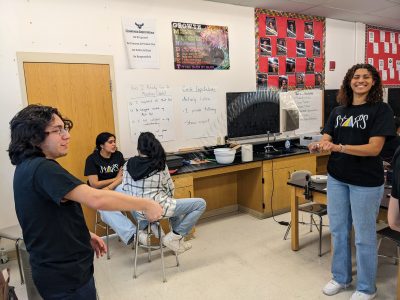
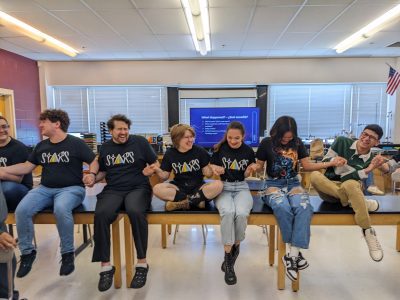
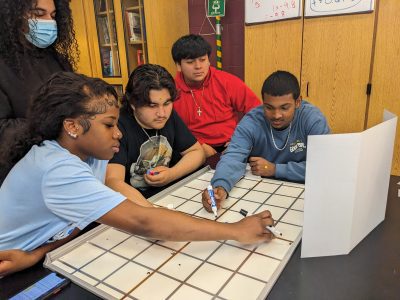

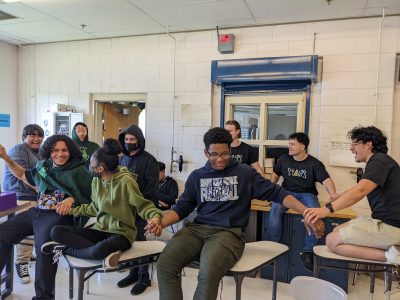
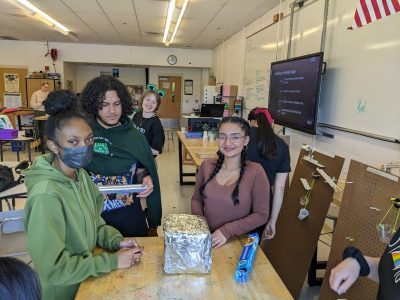
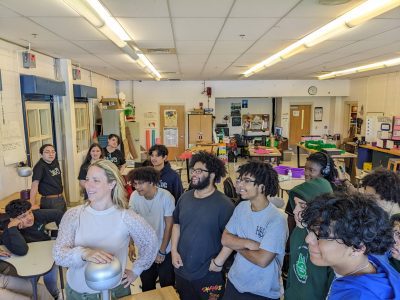
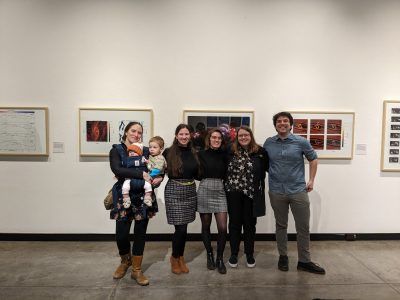 h group,
h group, 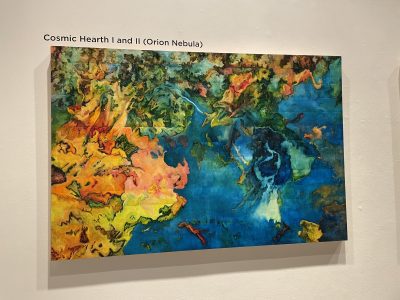
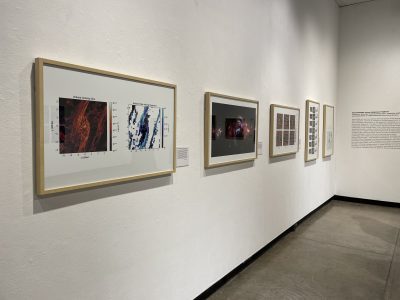
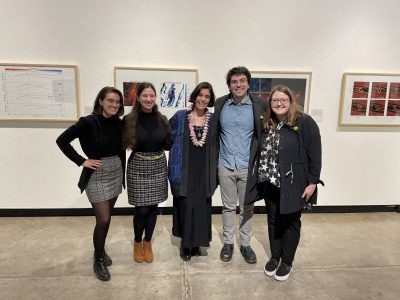
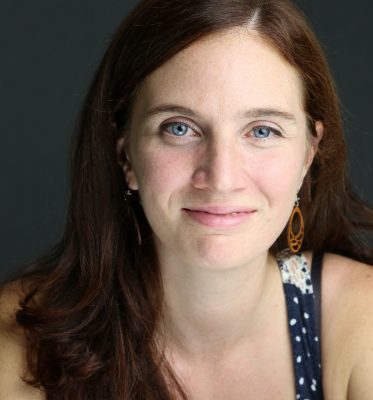 Professor Cara Battersby has been awarded an NSF CAREER grant! “
Professor Cara Battersby has been awarded an NSF CAREER grant! “